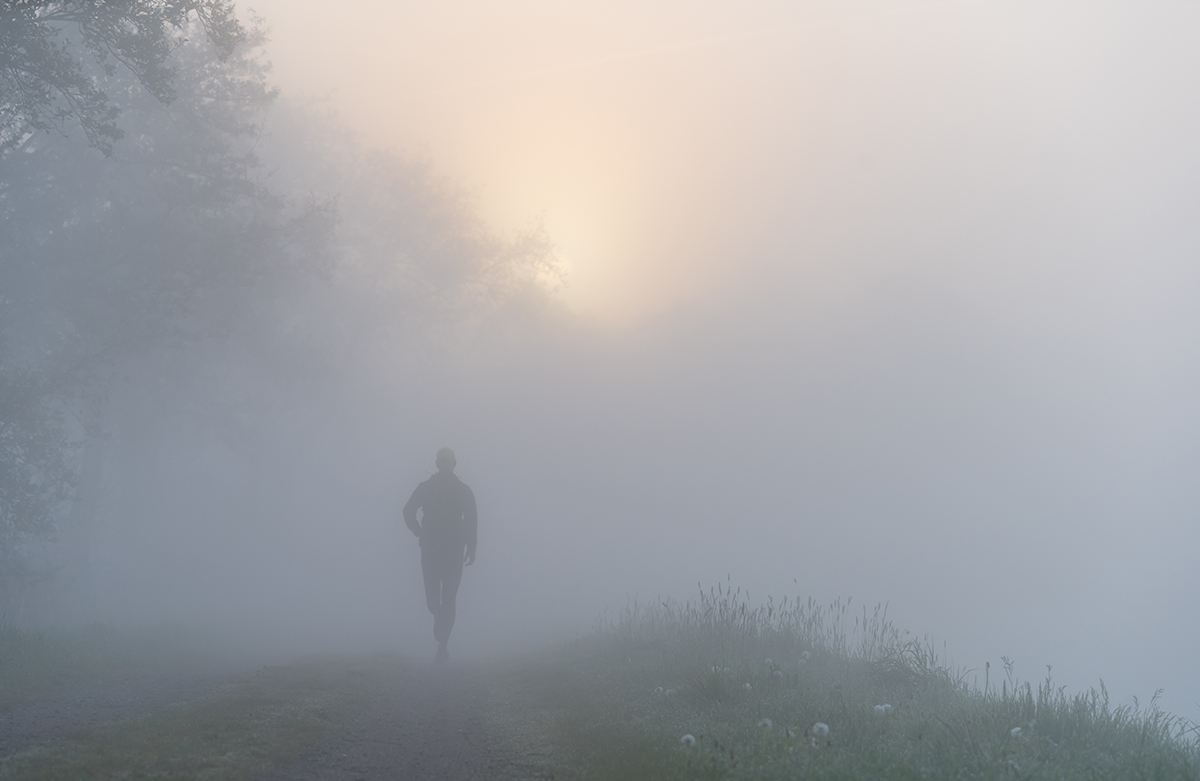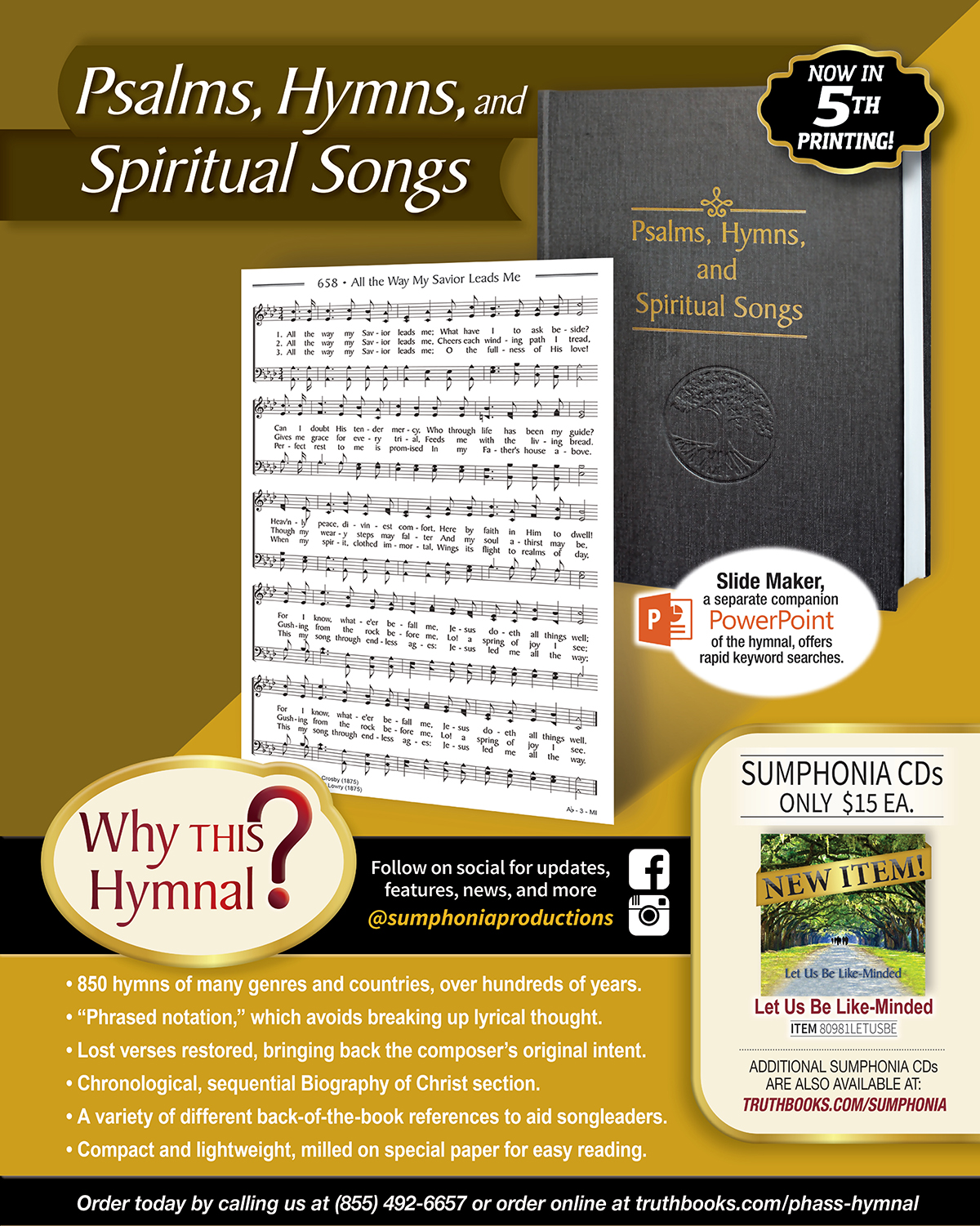
by Lindsay Mast
Synopsis: As 2020 keeps throwing its pandemic punches, how can we continue to run well when the course is full of fog, obstacles, and even danger?
When my friend Katie was chasing the difficult goal of qualifying for the Boston Marathon, we traveled together to a race in Wisconsin. The night before, we drove all 26.2 miles of the course, admiring the spectacular views of Lake Michigan. Previewing the course and knowing what the road looked like would make reaching her goal easier.
Ah, wouldn’t it be nice if we could preview the course of our route to heaven? Wouldn’t it help to see in advance the hard parts and glimpse the great views? 2020 has made that impossibility blatantly apparent. Time has blurred so much that it’s hard to know what day it is, and it feels downright foolhardy to put anything on the calendar. We simply can’t see the course beyond where our feet currently fall.
As Christians, we logically understand that our end goal is heaven. Before this year, many of us enjoyed a luxury we didn’t realize we possessed: i.e., relatively stable, predictable patterns. Our weeks and even our years had rhythms: Sunday worship, the commute to school or work, perhaps even the same meals on the same nights each week.
Annually, spring brought flowers and end-of-school-year activities. Summer signified camps and cookouts and far-away travel. School and football meant fall, and then came the comforting traditions of the holidays.
I don’t have to tell you how those things have disappeared or radically changed in appearance this year. The precious predictability isn’t there. It’s harder to commit to activities or goals, to know what to do with our money, and even how to interact with our friends.
For many of us, the unknown and its fear have led to apathy, malaise, and despondency. We are homesick for the way life was. Our sadness threatens to steal our zeal. Even if life wasn’t perfect, at least we could anticipate how time might unfold.
Here’s the thing: that predictability was never of our doing. When the course looks the same, and we know just how to run it, we can be lulled into forgetting who’s in control. Now we must ask: are we truly willing to accept the vastly limited scope of our power to predict and control what happens on this earth? Can we continue to run this course well, though it is full of fog, obstacles, and even danger? Can we do what’s right as this pandemic pitches its curveballs? Sacred Scripture says we can. How? With humility, resilience, and patience.
Humility requires admitting how small we are. Humans want to feel important, and we are (John 3:16). God has even graciously given us the ability to see, know, and control some things in this world. Yet, compare that to Him. God sees, knows, and controls everything. Everything! That’s humbling, but it’s also comforting. We aren’t expected to be God. We are called to be His loyal children (Micah 6:8). There’s no first-place prize in heaven. For once, thank God, everyone gets the trophy.
Resilience, i.e., persevering despite setbacks, is vital in times like this. We need to look no further than the apostle Paul for an example of tenacity for the Lord, despite uncertainty. Paul’s plans didn’t always work out (Acts 16:6-10, 2 Cor. 1). Yet, he adapted and continued on his mission, despite discouragement and worry. His consistency yielded fruit. Ours will, too.
Patience. Only God knows when this fog will lift. We could be on this patch of road awhile. We simply cannot force our way back to the life we knew previously. So we must wait (Ps. 27). However, that puts us in good company: David, Esther, and God Himself, as illustrated in the Parable of the Prodigal. His processes take time. Let us patiently carry on His work, knowing that His way always yields better results than the rush-job that humans desire.
As we continue to keep our eyes on heaven, putting one foot in front of the other, we have the assurance that God (instead of some kind of course preview) will give us the strength that we need. With humility, resilience, and patience, there will be progress. Then, when the clouds part and reveal the course more fully, we will find ourselves to be that much closer to the finish line.


